Health
Maternal Waiting Home
The Maternal Waiting Home is a facility, where mothers may stay when nearing the end of their pregnancy, to await labour. Once labour starts, the mothers are moved to the health facility so that their labour and birth can be assisted by a skilled birth attendant.
The MWH is part of a maternal mortality reduction strategy focused on risk screening to identify women who should receive facility based intrapartum care. In this model health concept, women at high risk for complications are encouraged to stay in the Waiting House, located near Goroka Provincial Hospital, for several weeks before the onset of labour. This way, they are well positioned to access the hospital, should emergency obstetric care become necessary.
The Maternal Waiting Home facility has two separate homes - one home for prenatal and the other for postnatal women. Pregnant mothers are accommodated and cared in the antenatal building whilst postnatal mothers and their newborns are kept in postnatal building for two to three days following delivery.
The women are generally admitted to the MWH at around 38 to 39 weeks gestation to await labour. After delivery, the new mothers return to the MWH with their newborn for three to five days’ rest. This also gives them the opportunity to learn more about newborn care and to be monitored and have necessary postnatal checks. In addition, it gives these new mothers some time to regain their strength before returning to their villages. If the mothers/neonates develop postnatal or neonatal infections, they are kept in the MWH for seven days to ensure the infection has cleared or is well under control, before being discharged.
The MWH has twelve beds and all are frequently, fully occupied. During their stay, mothers are provided with a bed, two sets of sheets, and a blanket for their comfort. These are returned upon their departure, clean and ready for the next guest. Food is also provided to the pregnant mothers twice a day to keep them in good health and to ensure they have a safe delivery at the hospital.
The facility has a vehicle which is available 24 hours a day to transport laboring mothers between MWH and Goroka Provincial Hospital as necessary.
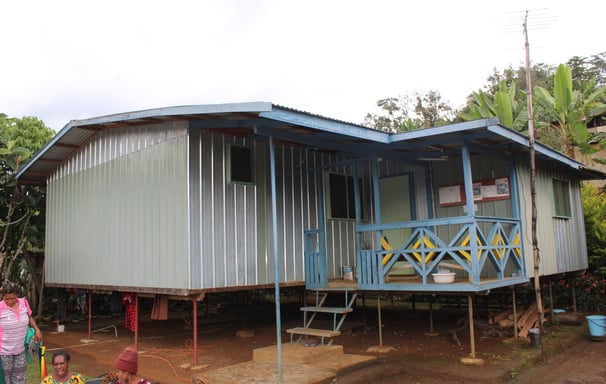

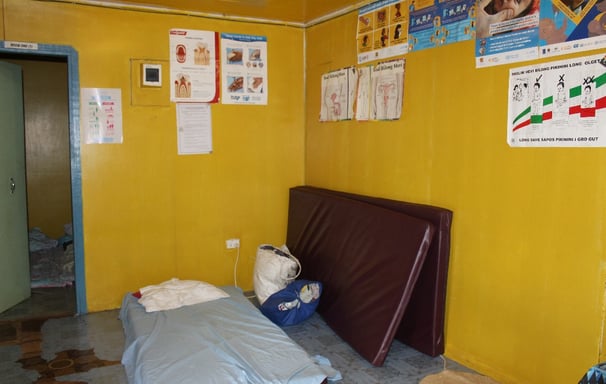

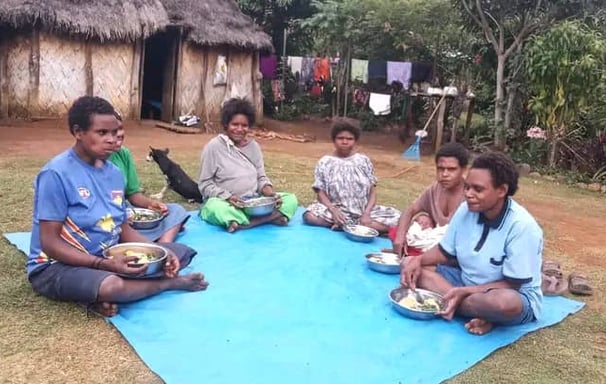

Maternal & Newborn Care
Waniati Maternal Waiting home has set a benchmark in enhancing the health and well-being of vulnerable pregnant mothers and children from rural communities in Eastern Highlands Province. In addition, Waniati’s Postnatal Day Clinic is also located within the MWH facility. This is the only postnatal clinic in the province and has been providing postnatal services to new mothers in the province since the inception of the MWH in Goroka in 2018.
During the six weeks following birth, both mother and neonate are at high risk and with the potential for losing a life greatly increased. For this reason, the staff at Waniati consider post- and neo-natal checks/awareness for the new mothers and their newborns to be of paramount importance.
The new mothers are also educated to give them an awareness of the potential for post- and neo-natal infections and so if they begin to see any potential danger signs they can go to the nearest health facility for further treatment.
Postnatal and neonatal examinations are routinely done to ensure both mother and the baby are in good health and the neonate breast feeds well before discharge from the Waiting Home.
Antenatal examinations and family planning services are also available at the postnatal clinic.
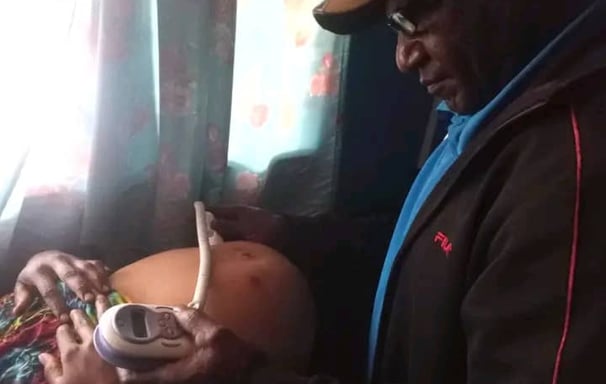

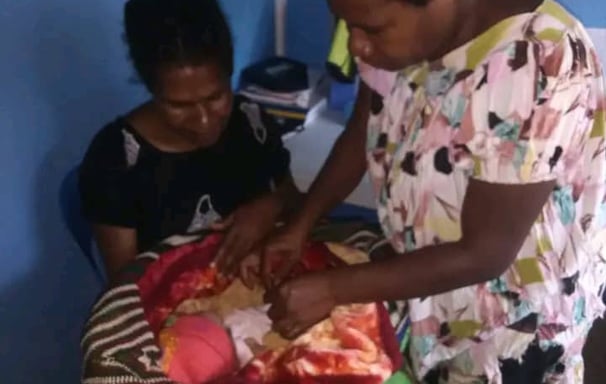

Water Supply, Sanitation and Hygiene (WASH)
Water Supply
Clean water supply, sanitation and hygiene (WASH) is a fundamental human right of critical importance to health, wellbeing, and economic prosperity. Unsafe drinking water, lack of sanitation and poor hygiene practices directly contribute to the transmission of preventable diseases, including neglected tropical diseases, diarrhoea, cholera, dysentery and typhoid.
Menstrual Hygiene
The aim of the Menstrual Hygiene Awareness program is to provide a safe space for the women of the remote and rural communities to share their experiences and perceptions on menstrual hygiene management in the context of village life. Making space for this conversation assists in normalising the issue in other areas of life such as at schools and in homes, to ensure a healthy and happy community.
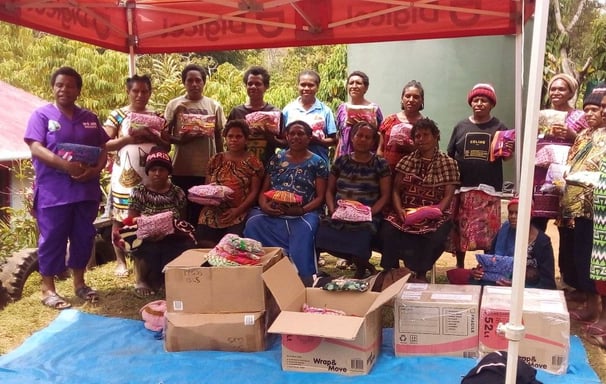

Copyright © 2024 | Waniati Maternal Waiting Home
Follow us on Facebook, YouTube, Instagram, and X
For more information: info@waniatiwaitinghome.org
